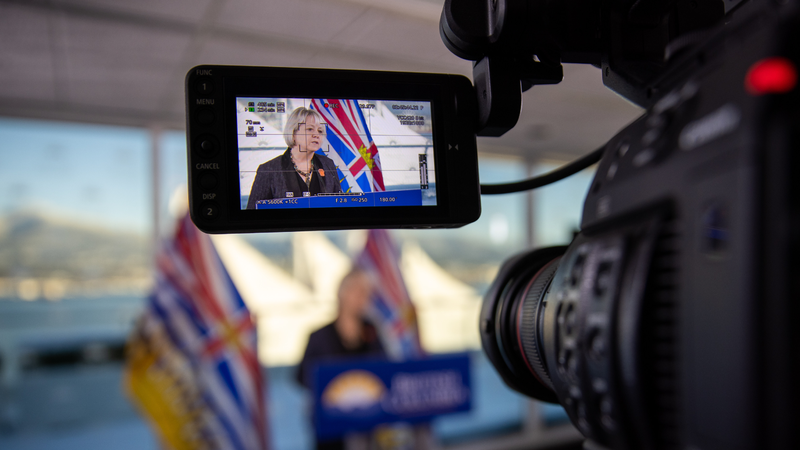
Personal responsibility & contingency plans key to keep Omicron at bay in B.C.
NANAIMO — B.C’s provincial health officer is telling residents and business owners it’s time to take personal responsibility when it comes to slowing the spread of COVID-19.
Over 80 per cent of new cases in the province are coming from the Omicron variant, leading Dr. Bonnie Henry to caution reactionary measures like case and contact tracing aren’t enough to keep new infection numbers down.
She said it’s about individuals, businesses and other public organizations doing what’s best for the health of their communities while also keeping their doors open.
“Our challenge across the board over the next few weeks will be dealing with a high number of people who are off ill. That may mean for work, out of school, it means health care workers and educators who aren’t able to go to work because they are ill.”



